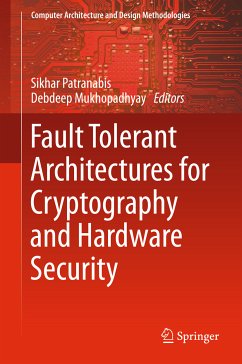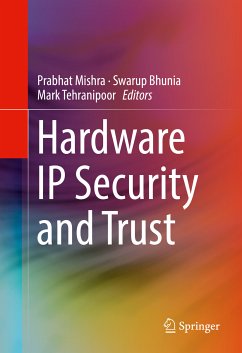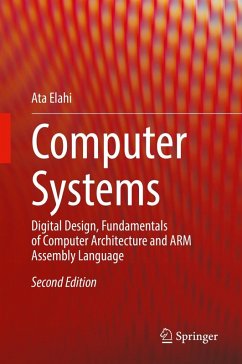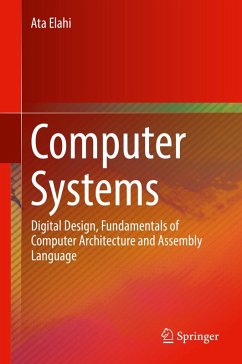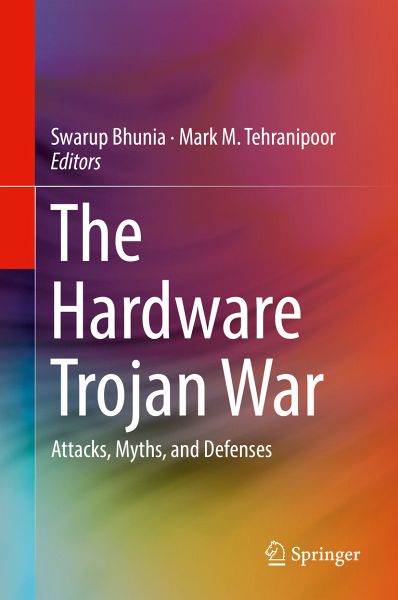
The Hardware Trojan War (eBook, PDF)
Attacks, Myths, and Defenses
Redaktion: Bhunia, Swarup; Tehranipoor, Mark M.
Versandkostenfrei!
Sofort per Download lieferbar
72,95 €
inkl. MwSt.
Weitere Ausgaben:

PAYBACK Punkte
36 °P sammeln!
Explains details of hardware Trojan attacks and associated trust issues, including threat models/instances, attack surfaces, adversaries, and all sorts of protection approachesCovers Trojan threats and protection approaches at all levels of hardware abstraction, from intellectual Property (IP) to microchip to Printed Circuit Board (PCB) and for all types of electronic hardware including analog/mixed-signal systems and FPGAPresents taxonomies for hardware Trojan threats, Trojan models, trust benchmarks, and trust metricsOffers realistic solutions for hardware Trojan threats in industry and gove...
Explains details of hardware Trojan attacks and associated trust issues, including threat models/instances, attack surfaces, adversaries, and all sorts of protection approaches
Covers Trojan threats and protection approaches at all levels of hardware abstraction, from intellectual Property (IP) to microchip to Printed Circuit Board (PCB) and for all types of electronic hardware including analog/mixed-signal systems and FPGA
Presents taxonomies for hardware Trojan threats, Trojan models, trust benchmarks, and trust metrics
Offers realistic solutions for hardware Trojan threats in industry and government
Describes emerging trend in trustworthy hardware design and new research directions
Covers Trojan threats and protection approaches at all levels of hardware abstraction, from intellectual Property (IP) to microchip to Printed Circuit Board (PCB) and for all types of electronic hardware including analog/mixed-signal systems and FPGA
Presents taxonomies for hardware Trojan threats, Trojan models, trust benchmarks, and trust metrics
Offers realistic solutions for hardware Trojan threats in industry and government
Describes emerging trend in trustworthy hardware design and new research directions
Dieser Download kann aus rechtlichen Gründen nur mit Rechnungsadresse in A, B, BG, CY, CZ, D, DK, EW, E, FIN, F, GR, HR, H, IRL, I, LT, L, LR, M, NL, PL, P, R, S, SLO, SK ausgeliefert werden.




